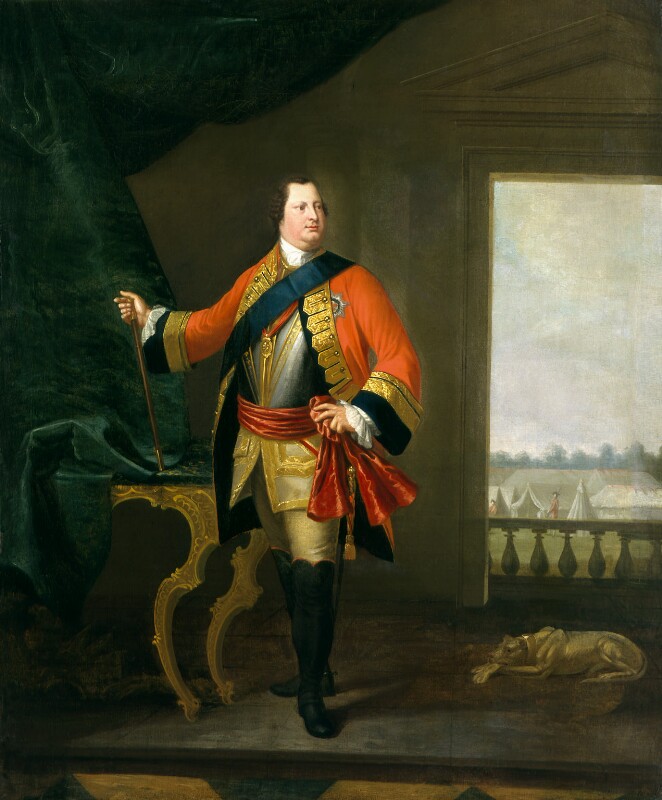 Oxford early modernists are now invited to trial two State Papers Online resources:
Oxford early modernists are now invited to trial two State Papers Online resources:
State Papers Online: Eighteenth Century, 1714-1782

King George I
studio of Sir Godfrey Kneller, Bt
oil on canvas, 1714-1725, based on a work of 1714
NPG 544
© National Portrait Gallery, London
This resource represents the final section of the State Papers series from the National Archives in the UK before the series was closed and replaced by the Home Office and Foreign Office series in 1782.
Covering the reigns of the Hanover rulers George I (1714-1727) and George II (1727-1760) and part of the reign of George III (up to 1782), the series provides unparalleled access to thousands of manuscripts that reveal the behind-the-scenes, day-to-day running of the British Government during the eighteenth century.
It comprises 4 parts:
- Part I: State Papers Domestic, Military and Naval and the Registers of the Privy Council
- Part II: State Papers Foreign: Low Countries and Germany
- Part III: Western Europe;
- Part IV: Scandinavia, Eastern Europe and Turkey.
State Papers Online: The Stuart and Cumberland Papers

William Augustus, Duke of Cumberland
studio of David Morier
oil on canvas, 1749-1770, based on a work of circa 1748-1749
NPG 537
© National Portrait Gallery, London
Digitised for the first time, the Stuart and Cumberland Papers from the Royal Archives at Windsor Castle are now available online in their entirety.
The Stuart Papers represent the correspondence and personal documents of the exiled members of the Stuart dynasty after 1688.
Available here alongside the Cumberland Papers of William Augustus, Duke of Cumberland and second surviving son of George II, they provide a unique window into the world of the Stuarts and their Jacobite followers, as well as to the incumbent Hanoverian monarchy during a time of continental wars, domestic conspiracies and rival claims to the Throne.
Please send any feedback to Isabel Holowaty by 20 September 2019.
While you are here, check out other key resources for the 18th century?
- Eighteenth Century Collections Online [subscription]
- Electronic Enlightenment [subscription]
- Early Modern Letters Online (EMLO)
- The Grand Tour [subscription]
- 17th-18th Century Burney Collection Newspapers [subscription]
- 17th and 18th Century Nichols Newspapers Collection [subscription]
- Eighteenth Century Journals [subscription]
- More HFL news for early modern history

